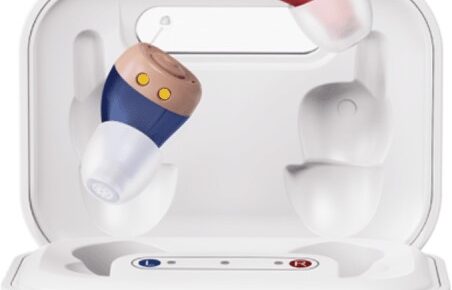INTRODUCTION
Do you often find yourself tossing and turning, unable to drift into a restful sleep? You’re not alone. More than 60 million Americans struggle with poor sleep quality. Lack of proper sleep doesn’t just leave you tired the next day—it can also harm your physical and emotional health. It affects your memory, focus, and mood while increasing the risk of heart disease, obesity, high blood pressure, and even depression.
Fortunately, there are natural and easy ways to improve your sleep without depending on medication. For those struggling with conditions like Sleep Apnea, making small adjustments can also enhance sleep quality. According to Dr. Charlene Gamaldo, medical director of the Johns Hopkins Center for Sleep, even minor lifestyle changes can make a big difference. “It’s not always necessary to get a prescription for a sleep aid,” she explains. “There are natural ways to adjust your sleeping habits.”
TRY CALMING DRINKS BEFORE BED
Skip alcohol and opt for relaxing drinks like warm milk, chamomile tea, or tart cherry juice. While scientific proof is limited, these options are safe and may promote better sleep. Warm milk is believed to contain nutrients that help the brain produce serotonin, a chemical that supports relaxation. Chamomile tea contains natural compounds that may calm the brain and aid sleep—and it’s caffeine-free, unlike other teas. Meanwhile, tart cherry juice helps boost melatonin, the hormone that controls your sleep cycle.
GET MOVING DURING THE DAY
One of the greatest natural sleep aids is exercise. Walking or cycling briskly is an example of moderate aerobic exercise that promotes deep, restorative sleep. However, timing is key. Avoid exercising within two hours of bedtime, as physical activity releases endorphins and raises body temperature, which can make you feel awake and alert. Instead, plan your workout earlier in the day to help your body relax at night.
CONSIDER MELATONIN SUPPLEMENTS
Your body naturally releases melatonin a few hours before bedtime in response to darkness. But in today’s world, exposure to bright lights from phones, TVs, and laptops can delay this process. If you struggle to fall asleep, melatonin supplements can help. They’re available over the counter at most pharmacies. However, Dr. Gamaldo advises sticking to one trusted brand since melatonin products aren’t regulated by the FDA and may vary in strength. Avoid purchasing from unknown online sources.
KEEP YOUR ROOM COOL
A comfortable room temperature helps your body relax. The ideal range is between 65°F and 72°F. If you’re going through menopause and experience hot flashes, try keeping your room on the cooler side and wearing breathable cotton fabrics to bed.
LIMIT LIGHT EXPOSURE AT NIGHT
Light can confuse your body’s internal clock. Avoid bright screens and harsh lighting before bed. If you need to get up at night, use a small flashlight instead of turning on the main light. This reduces visual disruption and helps you fall back asleep more easily.
Improving sleep doesn’t always require medication—sometimes, simple changes in your daily routine can make all the difference. By following these natural remedies, you can enjoy deeper, healthier, and more refreshing sleep every night.




